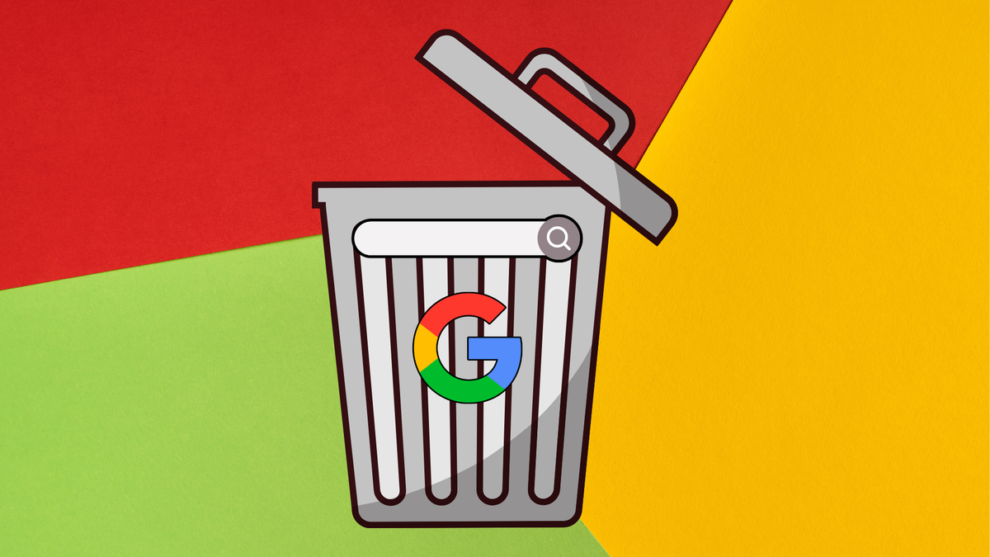Google’s recent updates to its search algorithms underscore a growing concern within the tech community: the overwhelming presence of AI-generated content in search results. In response to this, Google has launched several updates aimed at reducing low-quality and spammy AI content, striving to enhance the user experience by delivering more authentic and high-quality content.
March 2024 Core Update
In March 2024, Google implemented a significant update which primarily targeted AI-generated content deemed as ‘copycat’ or spam. This update has led to the deindexing of hundreds of websites that failed to meet Google’s quality standards. By prioritizing high-quality, human-generated content, this update affected both the visibility and the revenue streams of numerous sites, illustrating the profound impact of Google’s quality control mechanisms on the digital ecosystem.
Continuous Efforts and June 2024 Spam Update
Continuing its effort to cleanse its search results, Google rolled out another spam update in June 2024. This update, like its predecessors, aimed to identify and penalize websites that violate Google’s spam policies. This initiative is part of a broader strategy to maintain the integrity and usefulness of the search results, ensuring that users receive relevant and reliable information.
The Role of Generative AI in Google Search
Google’s approach also includes embracing the potential of generative AI. At Google I/O 2024, the company introduced enhanced AI capabilities in Search, such as AI Overviews, which are designed to streamline the search process by summarizing complex topics efficiently. These tools are part of Google’s broader efforts to integrate AI in a way that complements human intelligence, aiming to improve the efficiency of search results while guarding against the pitfalls of low-quality AI content.
The Challenge Ahead
Despite these efforts, challenges remain. There’s an ongoing concern about the ‘model collapse,’ where AI systems might deteriorate in quality by continuously ingesting and regurgitating low-grade AI-generated content. This presents a fundamental issue in maintaining the quality of AI applications in search engines.
Google’s stringent updates to its search algorithms represent a crucial step towards mitigating the impact of AI-generated spam. By improving algorithmic assessments and updating spam policies, Google aims to ensure that the search engine continues to offer high-quality, reliable content. This is pivotal not only for user satisfaction but also for the broader digital content ecosystem, where authenticity and quality are paramount.








